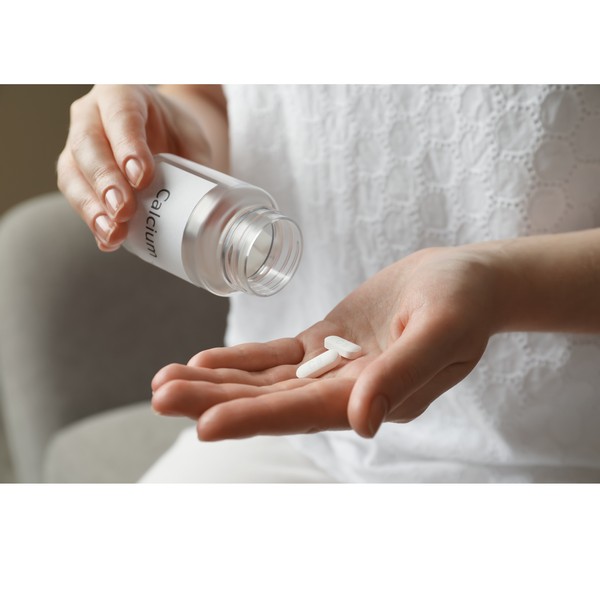Key Takeaways
- A natural skin care routine uses ingredients without harmful chemicals.
- Cleansing, exfoliating, and moisturizing are the core steps.
- Natural oils and plant-based products nourish and protect the skin.
- Simple, consistent routines lead to healthier skin.
- Patch testing prevents potential skin reactions.
Introduction
Natural skin care focuses on using ingredients from nature that are free from synthetic additives.
These products are typically gentler on the skin and offer long-term benefits without the risk of irritation that can come from harsh chemicals.
This guide outlines a simple, natural routine that anyone can follow for healthier, more radiant skin.
Core Steps in a Natural Skin Care Routine

Cleansing
Cleansing is the first step in any skin care routine. It removes dirt, oil, and impurities that accumulate on the skin throughout the day.
A gentle, natural cleanser—like honey or coconut oil—cleanses without stripping the skin of its natural oils, leaving it clean but still hydrated.
Exfoliating
Exfoliation helps to remove dead skin cells that can clog pores and cause dullness. Natural exfoliants like sugar, oatmeal, or ground coffee provide gentle exfoliation without causing micro-tears or irritation.
Exfoliating 1-2 times a week keeps the skin smooth and fresh.
Toning
A toner helps to balance the skin’s pH and tighten pores. Natural toners such as witch hazel or rose water are excellent choices as they soothe the skin while preparing it to absorb moisturizers better.
Moisturizing
Moisturizing is essential to keep the skin hydrated and protected. Natural moisturizers like shea butter, jojoba oil, or aloe vera deliver deep hydration and lock in moisture.
These ingredients nourish the skin, helping to maintain its elasticity and softness.
Sun Protection
Even with a natural skin care routine, protecting your skin from the sun is critical. Natural sunscreens with zinc oxide provide effective protection without harmful chemicals, guarding against premature aging and sun damage.
Specialized Treatments

Acne-Prone Skin
For acne-prone skin, natural ingredients like tea tree oil or clay masks can help manage breakouts. These ingredients have antibacterial properties that can reduce inflammation and clear pores without over-drying the skin.
Anti-Aging
Natural anti-aging ingredients include vitamin C, plant-based retinol alternatives, and hyaluronic acid. These help reduce the appearance of fine lines and wrinkles, improve skin texture, and boost elasticity over time.
Sensitive Skin
Sensitive skin benefits from hypoallergenic, fragrance-free natural products. Ingredients such as chamomile, calendula, or oat extract can calm irritation and reduce redness, making them ideal for easily irritated skin.
Additional Natural Skin Care Tips

Patch Testing New Products
Before applying a new product to your face, it’s important to patch test. Apply a small amount of the product to a discreet area of your skin, like the inside of your wrist, and wait 24 hours to see if any reaction occurs.
This simple step can prevent potential irritation or allergic reactions.
Consistency and Patience
Consistency is key in any skin care routine. Natural products may take time to show results, but with regular use, they can lead to significant improvements in skin health.
Patience is important, as natural ingredients work with your skin’s natural processes rather than providing quick fixes.
Conclusion
A natural skin care routine offers a gentle and effective way to care for your skin. By using simple, plant-based ingredients, you can achieve a healthy, glowing complexion while avoiding the potential harm from synthetic chemicals. Stick with your routine, and over time, you’ll likely see noticeable improvements in your skin’s health and appearance.
FAQs
What are the benefits of using natural skin care products?
Natural products avoid harsh chemicals, nourish the skin, and are usually better for sensitive skin types.
How often should I exfoliate my skin?
Exfoliation should be done 1-2 times per week, depending on your skin type.
Can natural products be used on all skin types?
Yes, but it’s important to choose the right products for your specific skin type and concerns.
How do I know if a natural product is right for my skin?
Always perform a patch test before using a new product on your face.
Is it necessary to use sunscreen in a natural skin care routine?
Yes, protecting your skin from UV damage is essential, and natural sunscreens can be used daily.
products, you can keep costs down. Researching and choosing affordable, reputable brands can also help.
Essential Foods for Skin Health
Key Highlights Tips for adding healthy fats into your diet and simple meal planning for skin health. Address common concerns about dairy and acne, and…
Hydration to Hyaluronic Acid: Journey to Dewy Skin
Key Highlights Proper hydration is essential for achieving radiant and healthy skin. Hyaluronic acid is a powerful humectant that helps retain moisture in the skin….
10 Must-Try Dry Skin Remedies
Key Highlights Aloe vera gel, coconut oil, oatmeal baths can moisturize and nourish dry skin. Olive oil, almond oil, and shea butter are excellent options…
Sustainable Beauty: Redefining Skincare with Eco-Friendly Practices
Key Highlights Sustainable beauty focuses on products that are good for the planet and consumer health Ingredients, manufacturing practices, packaging, and cruelty-free practices all contribute…




















